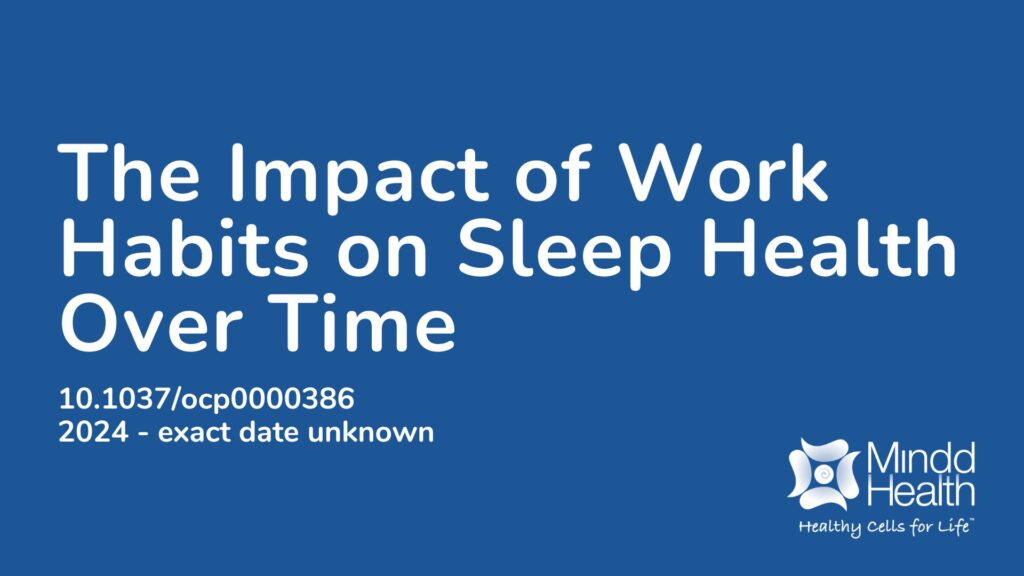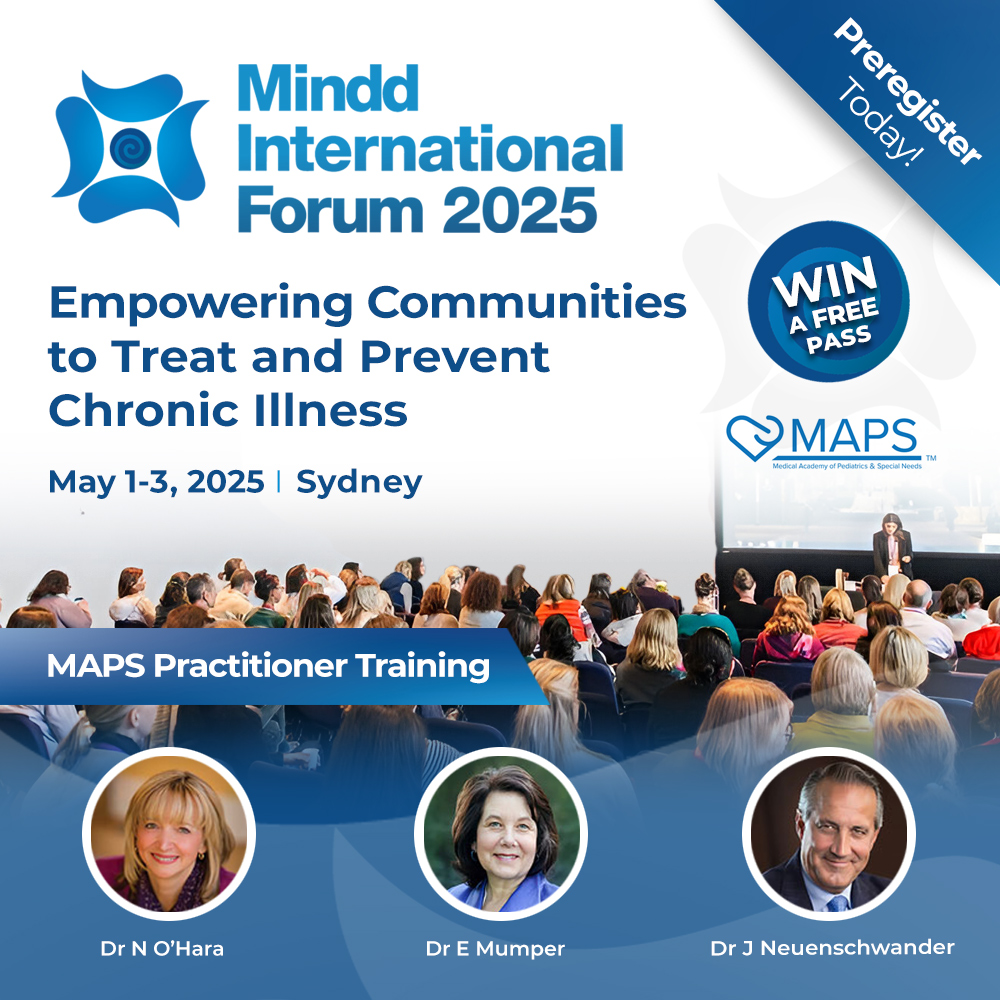Summary:
Good sleep is important for both wellbeing and productivity, but many people, specifically employees and workers, don’t get enough sleep. This study looks at whether changes in work due to technology, like using computers, sitting for long periods, or having non-traditional work hours, are linked to worsening sleep health over time. The study uses data from the Midlife in the United States project, which includes information about sleep habits such as sleep duration, regularity, trouble falling asleep, insomnia symptoms, naps, and daytime tiredness from 1,297 full-time workers. The researchers identified three types of sleep patterns: good sleepers, catch-up sleepers, and insomnia sleepers. They found that sedentary work was linked to the insomnia sleeper pattern, while non-traditional work hours were linked to the catch-up sleeper pattern. These results challenge some ideas about how job changes affect sleep and suggest that sleep health should be measured in a more detailed and dynamic way. The findings also highlight specific sleep needs for workers and point to ways job design could help improve sleep health.
Abstract:
Healthy sleep is essential to employee well-being and productivity, but many modern workers do not obtain adequate sleep. Are technology-related changes to job design (i.e., computer use, sedentary work, nontraditional work schedules) related to long-term worsening of employee sleep health? The present study seeks to address this question using nationally representative data from the Midlife in the United States study, which includes detailed information on sleep duration, regularity, sleep onset latency, insomnia symptoms, napping, and daytime tiredness from full-time workers (N = 1,297) at two time points separated by approximately 10 years. Using latent transition analysis to consider how these sleep health dimensions co-occur, we identify three multidimensional sleep health phenotypes at both time points: good sleepers, catch-up sleepers, and insomnia sleepers. Sedentary work is linked to the insomnia sleeper phenotype. Nontraditional work schedules are linked to the catch-up sleeper phenotype. These findings test assumptions of modern models of job design regarding the impact of technology on employee sleep health and advance measurement of sleep health in the organizational sciences to be multidimensional and dynamic. Further, results point to specific sleep needs in the working adult population and identify potential points of intervention via job design. (PsycInfo Database Record (c) 2024 APA, all rights reserved)
Article Publication Date: 2024 – exact date unknown
DOI: 10.1037/ocp0000386






